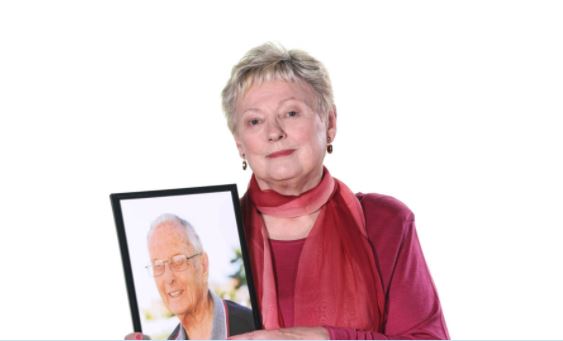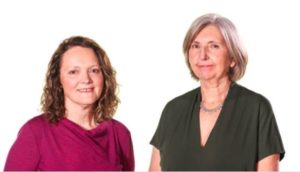
Ahead of World Hospice and Palliative Care Day, CareSearch has launched the ‘Part of Life’ campaign to encourage all Australians to learn, care, and plan for death and dying.
The national palliative care campaign aims to further support health professionals and raise community awareness and with free resources and information anyone can access.
CareSearch, Australia’s major source of evidence-based palliative care information, is managed by experts at Flinders University.
The campaign launch follows significant work by CareSearch and its partners to assist health professionals and community members with access to quality information.
“Death and dying will affect all of us. It’s a part of life. And that means everyone has a role to play in palliative care,” says CareSearch director Professor Jennifer Tieman, from Flinders University’s College of Nursing and Health Sciences.
“CareSearch provides evidence, information, and practical palliative care resources for everyone involved in providing care or supporting people at the end of life.”
Under the National Palliative Care Strategy, six guiding principles have been identified as fundamental to ensure that all people experience the palliative care they need.

The CareSearch Part of Life campaign therefore highlights six important elements of palliative care. They are palliative care is person-centred; death is a part of life; carers are valued; care is accessible; everyone has a role; and care is evidence-based.
“It’s important to know these fundamentals of palliative care because doing so enables us to better protect and plan for our own care and wishes – and those of our loved ones – at a time when it matters most,” Professor Tieman says.
“For many of us, it’s tempting to see palliative care as something for ‘other people’ to think about. In reality, it’s for all of us to consider – as family members, neighbours, community members and, importantly, young and old alike.
“Palliative care isn’t about death; it’s about quality of life. It’s about making decisions regarding our care and articulating our priorities well before we reach end of life.
“For some people, that might mean continuing to work for as long as possible. For others, it might be expressing a wish to die at home. We’re all different and that’s why learning about palliative care, supporting those who care, and making a plan are so important.”
CareSearch provides online access to evidence on palliative care for all Australians. The project is funded by the Australian Government under the 2020-2023 National Palliative Care Program.
Fast facts
The need for palliative care in Australia is increasing:
• Almost 400 people will be diagnosed with cancer each day in Australia in 2020 (145,500 new cases across the year) source: Australian Institute of Health and Welfare Australia’s Health 2020 Report
• 250 people are diagnosed with dementia every day across Australia – Dementia Australia Key Facts and Statistics
• In 2017, 3.8 million Australians were aged 65+ years; this is expected to grow to 8.8 million by 2057 – Australian Institute of Health and Welfare Population Groups Report: Older People.
• 89% of deaths are due to chronic conditions and 1 in 5 Australians had 2 or more of 10 selected chronic conditions in 2017-18 – Australian Institute of Health and Welfare Health Conditions, Disability, and Deaths Report: Chronic Diseases.

